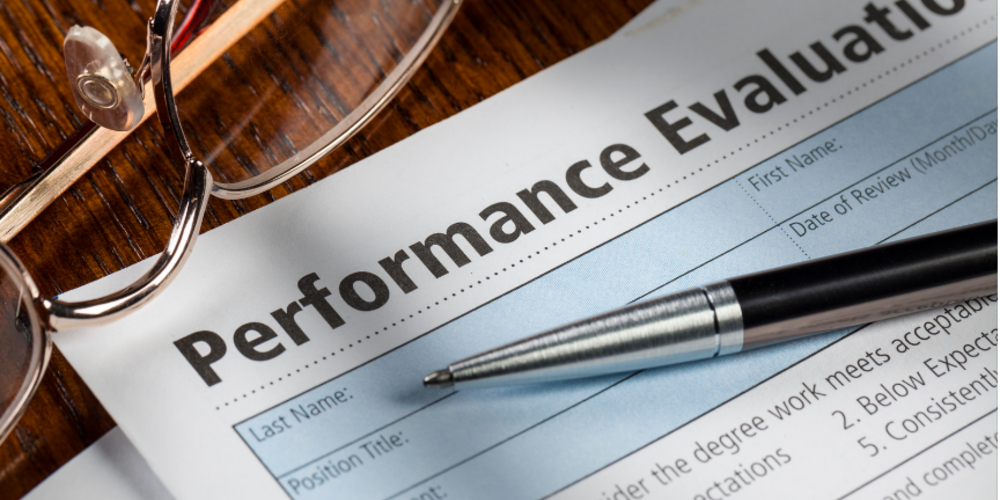Effective performance management is one of the most challenging aspects of leadership, particularly in local government, where accountability to both the public and your team is paramount. Unlike in the private sector, local government leaders face unique dynamics that require a delicate balance of empathy, transparency, and firmness. At Leading Roles, we’ve seen firsthand how easy it is to fall into common pitfalls when managing poor performance. Below, we outline some practical advice on how to manage performance issues effectively.
Avoiding the Issue: Don’t Delay Difficult Conversations
One of the biggest mistakes leaders make is postponing tough discussions. In local government, where teams are often small and roles highly specialised, allowing poor performance to go unaddressed can impact team morale and disrupt service delivery. Putting off difficult conversations only amplifies the issue, eroding trust and setting a precedent for tolerating underperformance.
Instead: Address performance issues as soon as they arise. Be honest and direct but compassionate. Preparing for these conversations with specific examples and a clear plan for improvement can make the discussion constructive rather than confrontational. Setting up regular check-ins ensures you’re staying proactive, not reactive.
Relying on Generalisations: Don’t Be Vague
Another pitfall is failing to provide clear, specific feedback. Statements like “You need to do better” or “This isn’t meeting expectations” don’t offer any actionable guidance. Without concrete examples, employees can’t make meaningful changes—and frustration builds on both sides.
Instead: Be precise and give examples. If an employee is consistently missing deadlines or not meeting quality standards, point to specific instances and the impact on the team or community services. Setting measurable objectives as part of a performance improvement plan can clarify expectations and guide the employee’s development.
Making It Personal: Don’t Imply That Someone’s “Not a Good Fit”
It’s tempting to write off an underperforming employee as “not a good fit.” However, this is rarely constructive and can lead to legal or ethical challenges, especially in a public sector setting where fairness and inclusivity are core values.
Instead: Focus on behaviour, not personality. Frame feedback in terms of work habits or results rather than personal traits. Describe the specific behaviours that need improvement and provide a roadmap for success. This ensures the conversation remains professional and avoids any perception of bias.
Ignoring Documentation: Don’t Rely on Memory Alone
In local government, thorough documentation is essential. Without detailed records, managing performance issues can lead to misunderstandings and liability concerns, particularly if the case escalates to formal disciplinary action.
Instead: Document everything, from initial feedback conversations to progress assessments. A documented history provides clarity for both the employee and the organisation. It also reinforces that performance management is fair and transparent, which can ease tensions and maintain trust.
Failing to Follow Through: Don’t Neglect Accountability
Once an improvement plan is in place, another common mistake is neglecting to follow through. Checking in once and then assuming improvement will happen is a recipe for continued underperformance. Regular follow-up is essential to ensure that progress is on track and that the employee feels supported.
Instead: Schedule regular check-ins and commit to a consistent follow-up schedule. Celebrate improvements, however small, and offer support where needed. If progress isn’t being made, escalating the issue becomes easier, having provided multiple opportunities for correction.
Putting It Off? Contact Leading Roles for Support
In local government, managing poor performance is not just about addressing individual issues; it’s about fostering a productive, fair, and accountable workplace. By avoiding these common pitfalls, you can address performance issues effectively and positively impact your team’s overall morale and efficiency.
If you’d like to discuss more about performance management in local government, reach out to us at hello@leadingroles.com.au or call 1800 088 000. We’re here to help you build and maintain high-performing teams.

